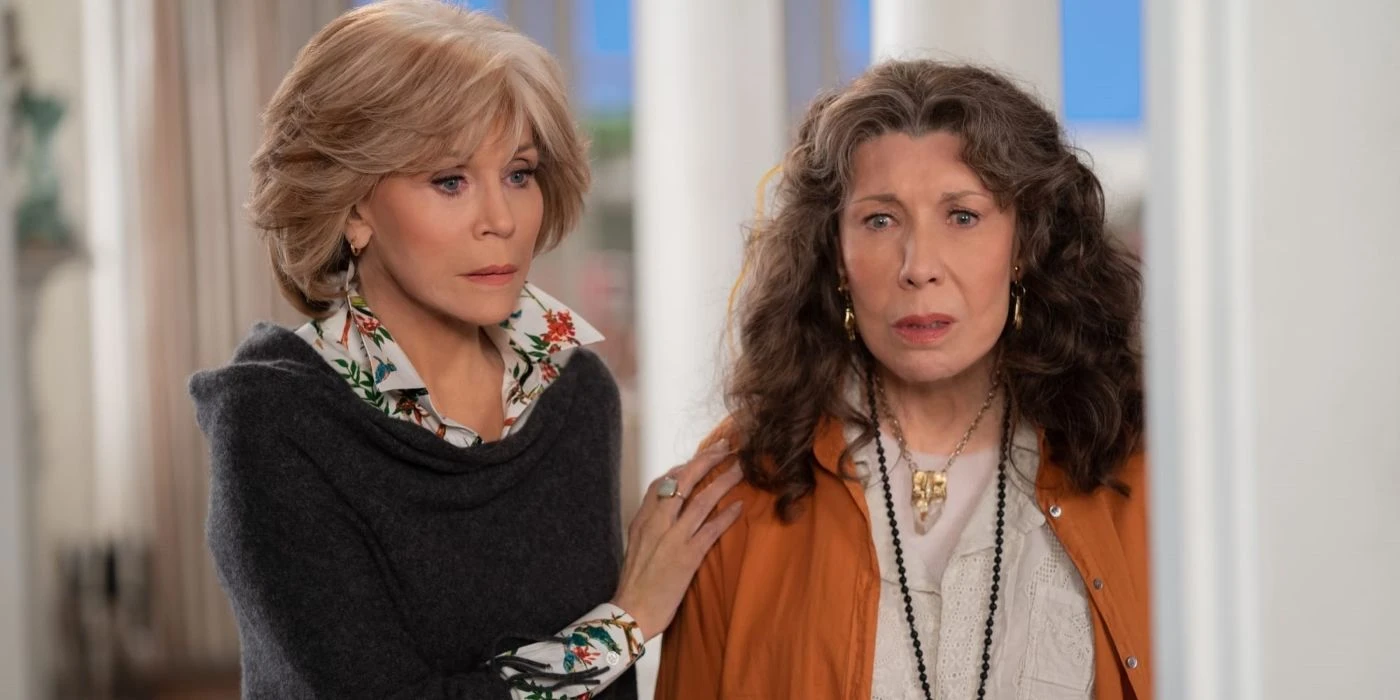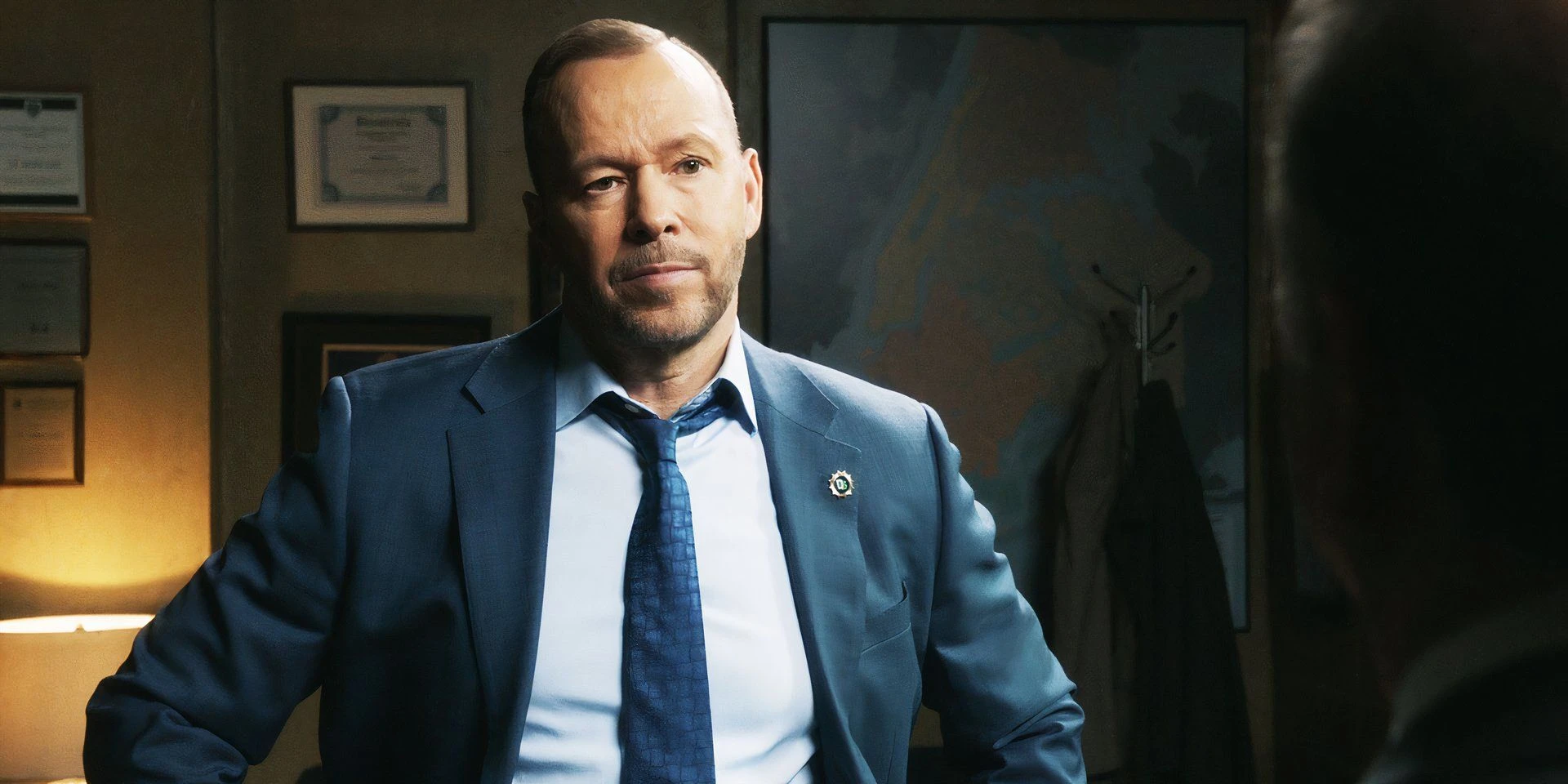The Ideal Length for TV Seasons: Insights from Alfred Gough
In the evolving landscape of television, the number of episodes per season has been a topic of much debate, particularly with the rise of streaming platforms where the episode count has seen a notable decline. Alfred Gough, co-creator and writer of the hit series Wednesday, shared his perspective on why eight-episode seasons are optimal for storytelling in today’s television climate. His insights are especially pertinent as Wednesday gears up for its second season, which will maintain the eight-episode format established in its inaugural season, a trend common among Netflix originals.
The Rationale Behind the Eight-Episode Format
When interviewed by Collider about the fixed eight-episode structure for Wednesday Season 2, Gough clarified that this decision was intentional from the outset. Drawing from his extensive television writing background, which includes work on Smallville and other series, Gough articulated his belief that eight episodes strike the right balance in terms of narrative pacing and audience engagement.
“It’s interesting, eight has kind of become the number,” Gough observed. Reflecting on his career, he recounted the shift from the traditional 22-episode seasons to the 13-episode format common in basic cable, and subsequently to the 10-episode seasons. Each iteration presented its own challenges, often including “wheel-spinners”—episodes that felt like they didn’t progress the story effectively.
Gough pointed out that his experience with Into the Badlands revealed eight episodes to be the ideal length. This number allowed for comprehensive storytelling without feeling rushed and avoided unnecessary filler. He contrasted this with the longer 22-episode seasons of network TV, like Smallville, which often comprised standalone stories interspersed with mythological arcs.
Implications for Wednesday and Other TV Shows
Episode Counts Will Not Be Increasing Soon





The success of Wednesday Season 1, which became the most-watched English-language season on Netflix, underscores the effectiveness of the eight-episode format. This success suggests that an increase in episode count for Netflix seasons is unlikely in the foreseeable future. Historically, series like Daredevil and Grace & Frankie featured 13 episodes, offering a balance between a complete narrative and the more expansive 22-episode seasons of traditional television.

Wednesday Season 2 Adds Fuel To The Biggest Theory With New Emma Myers Reveal
While some streaming services, like Disney+ with Star Wars: Andor and Hulu with The Bear, have experimented with slightly longer seasons, they still fall short of the 22-episode norm of the past. As studios aim to curtail costs, a significant increase in episode numbers appears improbable across streaming platforms. Indeed, some shows now feature even fewer than eight episodes.
Our Take on Alfred Gough’s Comments
The Enduring Appeal of Longer Seasons
Though the eight-episode format proved successful for Wednesday and aligns with the creative vision for its subsequent season, this model does not universally apply. Many beloved series, such as Lost, The Office, and Supernatural, thrived with longer seasons that allowed for deeper character development and complex storytelling. These shows continue to captivate audiences long after their finales, with “filler” episodes contributing to their enduring legacy. While eight episodes work well for Wednesday, they aren’t suitable for every series.
Source: Collider

Wednesday
- Comedy
- Fantasy
- Supernatural
Netflix’s Addams Family series takes place at Nevermore Academy, a school that nurtures outcasts, freaks, and monsters. The Tim Burton-directed series follows Wednesday Addams as she tries to master her emerging psychic powers and solve the supernatural mystery surrounding her family history. Jenna Ortega stars in the popular series, which originally aired on Netflix on November 23, 2022.




